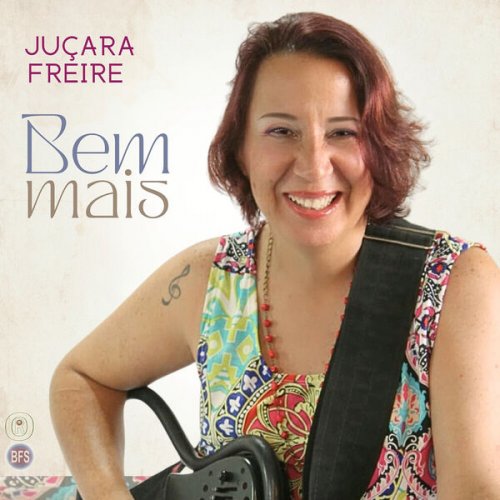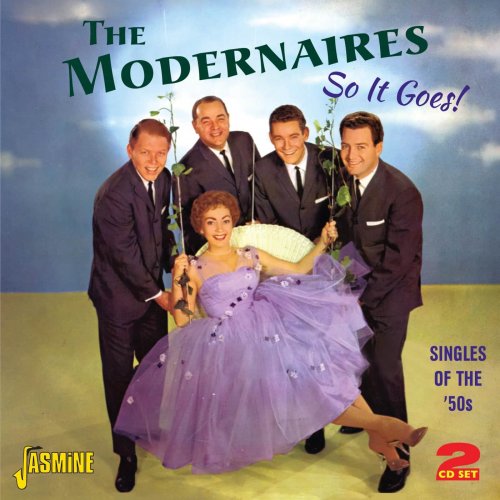Grandbrothers - Late Reflections (2023) [Hi-Res]
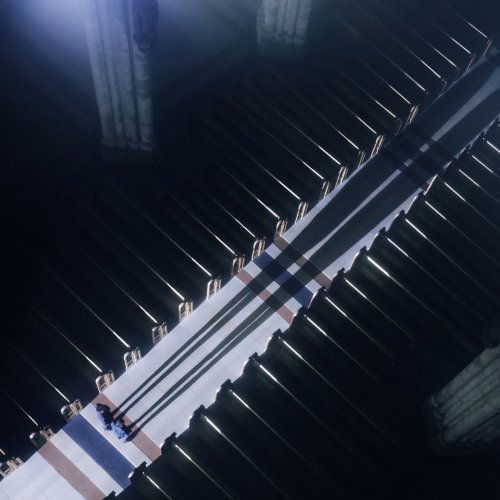
Artist: Grandbrothers
Title: Late Reflections
Year Of Release: 2023
Label: City Slang
Genre: Electronic, Ambient, Piano
Quality: FLAC (tracks) / 24bit-48kHz FLAC (tracks)
Total Time: 44:16
Total Size: 223 / 474 MB
WebSite: Album Preview
Tracklist:Title: Late Reflections
Year Of Release: 2023
Label: City Slang
Genre: Electronic, Ambient, Piano
Quality: FLAC (tracks) / 24bit-48kHz FLAC (tracks)
Total Time: 44:16
Total Size: 223 / 474 MB
WebSite: Album Preview
1. Daybreak (5:45)
2. Infinite (5:22)
3. On Solid Ground (4:48)
4. Golden Dust (1:57)
5. North/South (4:24)
6. Adrift (5:05)
7. Yokohama Rascals (1:45)
8. X (5:17)
9. Vertigo (5:19)
10. Boy in the Storm (4:41)
At its core, Grandbrothers’ music represents a communion between the old and the new. On their extraordinary new album, Late Reflections (out April 14 on City Slang), the German-Swiss duo place their art in communion with an institution so old it predates their music by seven centuries: Cologne Cathedral. The iconic monument of Gothic architecture, which is both a UNESCO World Heritage Site and Germany’s most visited landmark, served as an unusual recording studio for Grandbrothers’ fourth album, marking the only time the Cathedral has ever permitted a recording of this kind. The resulting album pulses with a rare sense of history and architecture, allowing the spatial properties of this magnificent building to shape and deepen the timbre of the duo’s swelling compositions.
Grandbrothers have made a career out of spurning tradition. Formed in Düsseldorf, Germany, more than a decade ago, the piano duo creates richly textured music that straddles the boundaries between ambient, minimalism, and electronica. The result is always different, yet always centered around the unique collaboration between German-Turkish pianist Erol Sarp and Swiss engineer/software designer Lukas Vogel. Across three albums—2015’s Dilation, 2017’s Open, and 2021’s All The Unknown—the duo has drawn peculiar inspiration from what others may regard as a limitation: every sound, every note, somehow originates from one instrument, the grand piano.
Why record a new album in a centuries-old Catholic cathedral, one whose enormous size humbles any passing visitor observing the building from near or far? Although Grandbrothers are not religious and don’t aspire to make religious music, they were inspired by the Cathedral’s rich history and astounding architecture. The idea emerged after a concert in 2019, when the historic church’s master builder and architect, Peter Füssenich, approached them and unexpectedly asked if they wanted to perform a concert at the Cathedral. “We didn't know, is this gonna happen for real?” Sarp recalls.
It did happen, albeit three years later, in 2022, as part of a celebration honoring the 700-year anniversary of the consecration of the eastern (and oldest) part of the church. On August 26, 2022, Grandbrothers played a one-of-a-kind concert in the massive main nave of the Cathedral, performing music that had been specially designed for the vast size (the room stands 45 meters tall) and acoustics of the unusual space. The performance was also recorded by TV station ARTE and will be broadcast in France and Germany in early 2023.
“The first idea was to only have one or two songs specially made for the concert,” says Vogel. “This concert came closer, and we were there to have the first test of the acoustics. We were really impressed by this place. Sound-wise, it is really huge, and especially at night, when nobody else is in the Cathedral, it's so breathtaking. During the process, we realized that this environment makes it so much fun and challenging to write music for this place.”
Leading up to the concert, Sarp and Vogel wound up preparing a whole album’s worth of material, which turned into Late Reflections, their fourth and latest LP. Although Late Reflections is intimately linked to the concert, it is not a live album; the duo recorded the work at the Cathedral across a series of nights in July. “The concert was after the recording,” notes Sarp, “but the concert was the reason we wrote this music and that this whole album came to life in the end.”
The recording process was both exhausting and invigorating, and unlike anything Grandbrothers had done before. Since the Cathedral remained open during the daytime—the landmark routinely brings in 20,000 visitors a day—Sarp and Vogel recorded at night, alone with seven centuries of history. There were magical moments of playing piano at 3:00 a.m. in total solitude. The shadows, reduced lights, and strange noises emanating from different corners of the room had a surreal effect.
“We were working from 8:00 to 5:00, sometimes to 6:00 in the morning,” says Sarp. “It was a totally bizarre experience. But it was also really unique to know that no one has done this before and maybe no one will again. At times, it was just the two of us in this big room. It's really hard to describe the feeling we had during those nights.”
Like Grandbrothers’ previous records, Late Reflections (the title refers to an acoustics term—early reflections are the first reflections one hears from the surrounding walls, while late reflections are more diffuse and delayed) contains no sounds that do not stem from the grand piano. In other words, every sound you hear originates with the piano, although listeners should not confuse that to mean that no other software or gear was employed to manipulate those sounds. “We use the piano as a sound source, and then we go with digital effects and manipulate it further,” explains Vogel. “For me, it really helps to not get lost in all the possibilities of using synths and samples and so many sound sources. It just makes it easier to have this restriction. But from there, soundwise, it can go everywhere.”
At its core, this is a deeply collaborative album—not just a collaboration between two unusual musical partners (as well as sound engineer Francesco Donadello and mixer Paul Corley, who finely helmed the stereo mixes), but a collaboration between Grandbrothers and the Cathedral itself, a backdrop which influences the album’s sound as profoundly as a set design might shape a movie’s look. The natural, 13-second reverb became a kind of production partner on songs like “North / South,” in which Sarp’s staccato piano notes can be heard echoing around the room.
The cathedral setting subtly steered the duo towards more ambient, atmospheric instincts. “On our previous album we went into a more physical and club-influenced direction,” reflects Sarp. “This album, we just said, ‘Let's see what happens and be free to go more into ambient, or more atmospheric, experimental sound spheres.”
Note the ghostly, swelling soundscapes that begin “Daybreak,”, or observe the hypnotic piano phases of “Golden Dust,” which reflects the duo’s passion for minimalist composers such as Steve Reich, a massive influence on them (“Music For 18 Musicians is still one of our most favorite pieces,” Sarp raves). Or marvel at the cinematic slow-burn of “Boy in the Storm,” which opens with fragile piano arpeggios that surround the listener, artfully looped by Sarp, before rising to a virtuosic climax. For Sarp, the track was an invigorating technical challenge, and a novel experiment in looping.
Meanwhile, the lush “Yokohama Rascals” envelopes the listener in gorgeous, greyscale melancholy, while “Bloom” takes the album down a more dramatic, beat-driven path.
As far as concept albums go, Late Reflections is evocative and immersive, and it asks as many questions as it answers: What does it mean for music to interact with architecture and physical space? What is the sound of a church that has been revered for centuries for the way it looks? How can artists forge something new out of 700 years of history? And how can composers keep their approach fresh more than a decade into their career?
For Grandbrothers, the answer was to go where no recording artist has gone before, even if 20,000 visitors go there each day.
Grandbrothers have made a career out of spurning tradition. Formed in Düsseldorf, Germany, more than a decade ago, the piano duo creates richly textured music that straddles the boundaries between ambient, minimalism, and electronica. The result is always different, yet always centered around the unique collaboration between German-Turkish pianist Erol Sarp and Swiss engineer/software designer Lukas Vogel. Across three albums—2015’s Dilation, 2017’s Open, and 2021’s All The Unknown—the duo has drawn peculiar inspiration from what others may regard as a limitation: every sound, every note, somehow originates from one instrument, the grand piano.
Why record a new album in a centuries-old Catholic cathedral, one whose enormous size humbles any passing visitor observing the building from near or far? Although Grandbrothers are not religious and don’t aspire to make religious music, they were inspired by the Cathedral’s rich history and astounding architecture. The idea emerged after a concert in 2019, when the historic church’s master builder and architect, Peter Füssenich, approached them and unexpectedly asked if they wanted to perform a concert at the Cathedral. “We didn't know, is this gonna happen for real?” Sarp recalls.
It did happen, albeit three years later, in 2022, as part of a celebration honoring the 700-year anniversary of the consecration of the eastern (and oldest) part of the church. On August 26, 2022, Grandbrothers played a one-of-a-kind concert in the massive main nave of the Cathedral, performing music that had been specially designed for the vast size (the room stands 45 meters tall) and acoustics of the unusual space. The performance was also recorded by TV station ARTE and will be broadcast in France and Germany in early 2023.
“The first idea was to only have one or two songs specially made for the concert,” says Vogel. “This concert came closer, and we were there to have the first test of the acoustics. We were really impressed by this place. Sound-wise, it is really huge, and especially at night, when nobody else is in the Cathedral, it's so breathtaking. During the process, we realized that this environment makes it so much fun and challenging to write music for this place.”
Leading up to the concert, Sarp and Vogel wound up preparing a whole album’s worth of material, which turned into Late Reflections, their fourth and latest LP. Although Late Reflections is intimately linked to the concert, it is not a live album; the duo recorded the work at the Cathedral across a series of nights in July. “The concert was after the recording,” notes Sarp, “but the concert was the reason we wrote this music and that this whole album came to life in the end.”
The recording process was both exhausting and invigorating, and unlike anything Grandbrothers had done before. Since the Cathedral remained open during the daytime—the landmark routinely brings in 20,000 visitors a day—Sarp and Vogel recorded at night, alone with seven centuries of history. There were magical moments of playing piano at 3:00 a.m. in total solitude. The shadows, reduced lights, and strange noises emanating from different corners of the room had a surreal effect.
“We were working from 8:00 to 5:00, sometimes to 6:00 in the morning,” says Sarp. “It was a totally bizarre experience. But it was also really unique to know that no one has done this before and maybe no one will again. At times, it was just the two of us in this big room. It's really hard to describe the feeling we had during those nights.”
Like Grandbrothers’ previous records, Late Reflections (the title refers to an acoustics term—early reflections are the first reflections one hears from the surrounding walls, while late reflections are more diffuse and delayed) contains no sounds that do not stem from the grand piano. In other words, every sound you hear originates with the piano, although listeners should not confuse that to mean that no other software or gear was employed to manipulate those sounds. “We use the piano as a sound source, and then we go with digital effects and manipulate it further,” explains Vogel. “For me, it really helps to not get lost in all the possibilities of using synths and samples and so many sound sources. It just makes it easier to have this restriction. But from there, soundwise, it can go everywhere.”
At its core, this is a deeply collaborative album—not just a collaboration between two unusual musical partners (as well as sound engineer Francesco Donadello and mixer Paul Corley, who finely helmed the stereo mixes), but a collaboration between Grandbrothers and the Cathedral itself, a backdrop which influences the album’s sound as profoundly as a set design might shape a movie’s look. The natural, 13-second reverb became a kind of production partner on songs like “North / South,” in which Sarp’s staccato piano notes can be heard echoing around the room.
The cathedral setting subtly steered the duo towards more ambient, atmospheric instincts. “On our previous album we went into a more physical and club-influenced direction,” reflects Sarp. “This album, we just said, ‘Let's see what happens and be free to go more into ambient, or more atmospheric, experimental sound spheres.”
Note the ghostly, swelling soundscapes that begin “Daybreak,”, or observe the hypnotic piano phases of “Golden Dust,” which reflects the duo’s passion for minimalist composers such as Steve Reich, a massive influence on them (“Music For 18 Musicians is still one of our most favorite pieces,” Sarp raves). Or marvel at the cinematic slow-burn of “Boy in the Storm,” which opens with fragile piano arpeggios that surround the listener, artfully looped by Sarp, before rising to a virtuosic climax. For Sarp, the track was an invigorating technical challenge, and a novel experiment in looping.
Meanwhile, the lush “Yokohama Rascals” envelopes the listener in gorgeous, greyscale melancholy, while “Bloom” takes the album down a more dramatic, beat-driven path.
As far as concept albums go, Late Reflections is evocative and immersive, and it asks as many questions as it answers: What does it mean for music to interact with architecture and physical space? What is the sound of a church that has been revered for centuries for the way it looks? How can artists forge something new out of 700 years of history? And how can composers keep their approach fresh more than a decade into their career?
For Grandbrothers, the answer was to go where no recording artist has gone before, even if 20,000 visitors go there each day.
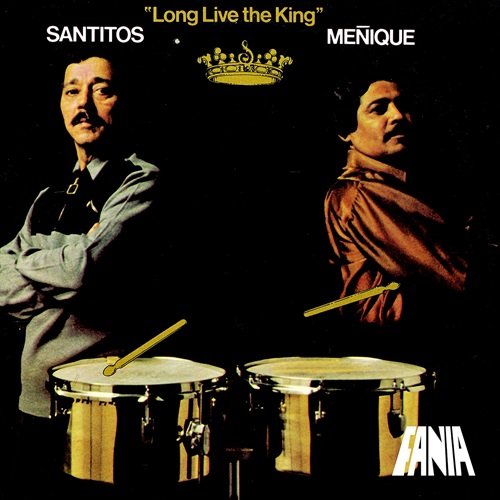
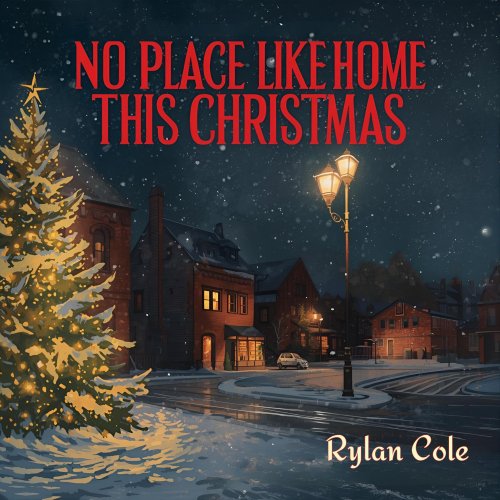
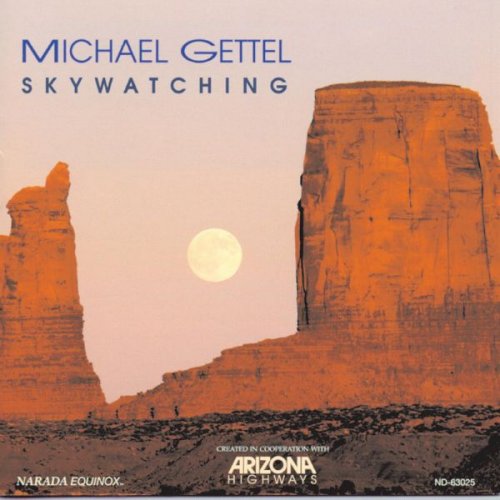
![Tomasz Stańko - Rue de la Tour (Polish Radio Sessions vol. 5/6) (2025) [Hi-Res] Tomasz Stańko - Rue de la Tour (Polish Radio Sessions vol. 5/6) (2025) [Hi-Res]](https://www.dibpic.com/uploads/posts/2025-12/1765796463_cover.jpg)
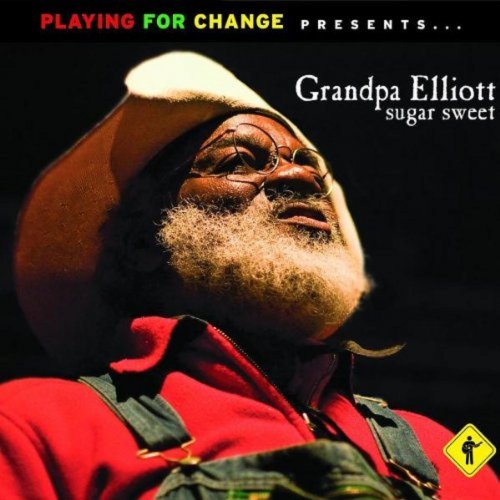

![Ready Player 3 - Ready Player 3 (2025) [Hi-Res] Ready Player 3 - Ready Player 3 (2025) [Hi-Res]](https://www.dibpic.com/uploads/posts/2025-12/1766128773_cover.jpg)
